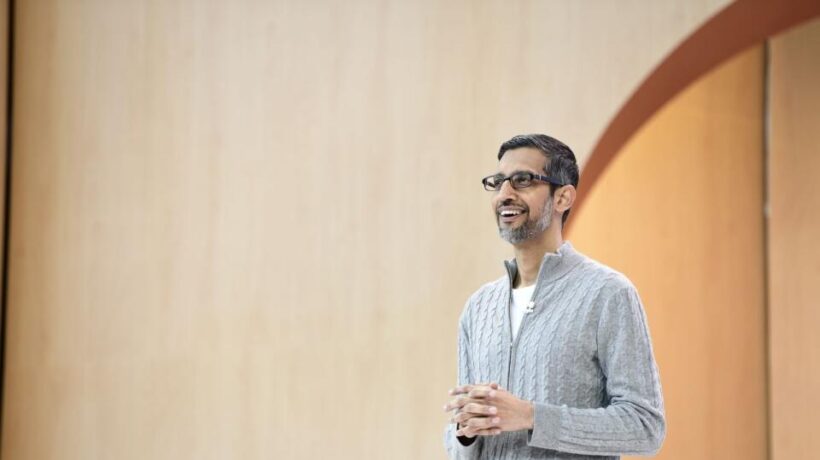Recently I attended a briefing by Google executives on the sidelines of the Google IO event in San Francisco, US. The star of the moment was Google CEO, Sundar Pichai accompanied by his executives. What stood out for me during this briefing was the fact that – Google was about to change the media industry in terms of the search giant’s perceived content online. Earlier during the Google IO keynote address Mr Pichai had declared that Google was now an Artificial Intelligence (AI) first company. At the end of the day, I came to a realisation that changes at Google will lead to a major shift in the media industry. This week, it has come to my attention that Google is testing an AI tool that can write news articles. According to the New York Times, the product is pitched as a helpmate for journalists and it has been demonstrated for executives at The New York Times, The Washington Post, and News Corp, which owns The Wall Street Journal. Genesis, as the AI tool known internally, takes information and generates news content.
Many have wondered, what does this mean for journalists? Those who are trying to be positive claim that this will be an assistant for journalists. Those who see an alternative reality are concerned about the potential for poor-quality information and inaccurate reporting that will be produced by such tools
I think we have a real threat to journalists in the sense that capitalists in the media industry have no choice but to reduce fixed costs and therefore if AI can do the job we have a potential for a newsroom driven by AI. I’m not too worried about AI being a generator of misinformation. I think technology will become better with time.
At the same time, I’m convinced that this moment calls upon journalists to take charge. I’m of the view that intelligent beings cannot be outsmarted by artificial intelligence. Journalists will have to carve a niche for themselves by caring more about issues that truly matter to society. No artificial intelligence can uncover an issue that is hidden from the internet and the human eye. Journalists can see where AI cannot see. I believe this and similar forms of stories will remain the domain of journalists with blood in their veins and not some wired and silicon-made tool with zeros and ones.
I say all of this while feeling deep empathy for those media investors who are trying to keep the industry afloat in the sea business that is deliberately killing the industry by shifting their dollars to the tech industry and PR agencies. I consider this to be the final nail in the media industry coffin. I do think that this moment will give birth to a new type of media industry. Media industry leaders need different business models to keep society informed. Part of this will be a greater usage of technology. In doing so I think it would be a great mistake to undervalue human beings. There’s a need for the industry to take charge and not give in to the tech hostile takeover.
I still believe that there’s an opportunity for the media industry to produce products equivalent to tech products one story at a time.
The media industry ought to learn from Jimmy Wales who built Wikipedia. The platform remains the most important information machine of our time.
We also have a lot to learn from Matthew “Matt” Mullenweg who built WordPress which powers the digital media industry.
In the print sector, we have a lot to learn from the Financial Times and people like Tyler Brûlé who is behind the iconic MONOCLE magazine. In my view, they remain great print publications that have mastered the art of producing quality content that translates to dollars. Leaders behind these publications remain few and are fortunate to be operating in parts of the world with much better literacy levels and with readers who can still afford to pay for overpriced subscriptions.
At this point, I believe that philanthropists are the only hope for the media sector. May they have the heart to truly support the flow of information without contaminating it with their interest to dominate and control the world order.







